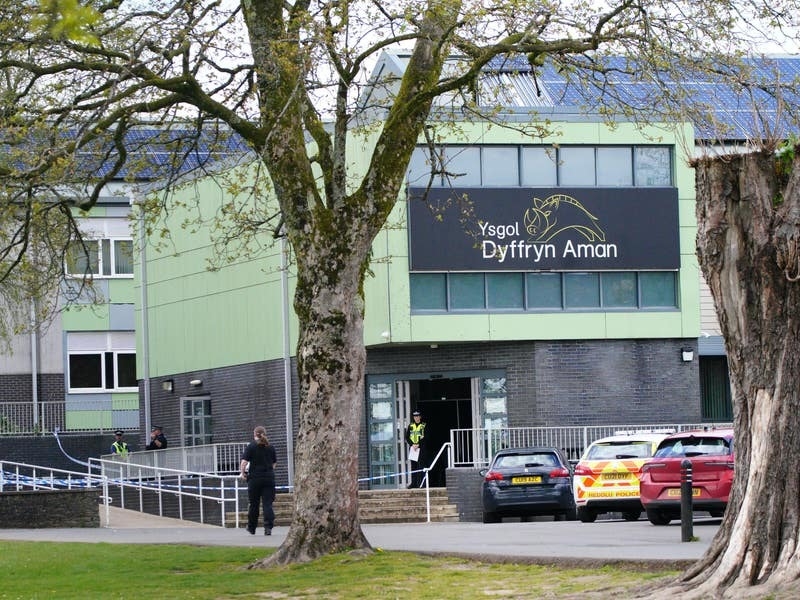By Russell Waite & Julia Warrander
IN 1952, Daniel J Edelman decided to open a small public relations agency in Chicago. Dan, a former journalist and Second World War public information officer, had a vision to offer clients a range of superior PR services that had never been seen before.
His firm introduced the concept of telling stories through the media to sell products and build corporate brands, helping them to capture a market niche. Seventy years later, the business operates 60 offices across the Americas, Europe, Africa and Asia with clients including Heinz, Starbucks, Microsoft and Samsung.
This is all well and good, we hear you say, but why write about Edelman in this ecoJersey article? The answer comes down to one word – trust.
Twenty years ago, the Edelman business started studying trust in the context of what it meant for companies and brands, governments, NGOs (non-profit entities independent of governmental influence) and the media. According to them, trust defines an organisation’s licence to operate, lead and succeed and lasting trust provides insurance against disruption and is the antidote to indifference. Lastly, without trust, credibility is lost and reputations are threatened.
To get a handle on how trust is perceived across those sectors and entities listed above, Edelman undertakes an annual global survey and publish the results via its Trust Barometer. This year, 33,000 participants provided their views and one very clear message shone through; business is now the most trusted institution – ahead of government, media and religious organisations – and the only institution seen as both ethical and competent.
For many, especially those who have made time to watch the movie Dark Waters through this latest lockdown period, this will come as a surprise. It tells the true story of a corporate environmental defence attorney who has just made partner at his prestigious Cincinnati law firm, in large part due to his work defending big chemical companies.
He finds himself conflicted after being contacted in 1998 by two West Virginia farmers who believe the local DuPont plant is dumping toxic waste in the area landfill that is destroying their fields and killing their cattle. (Spoiler alert – to cut a long story short, DuPont is found to have allowed huge amounts of this toxic waste to enter the water supply, poisoning 70,000 local people as well as hundreds of animals.)
Ethical and competent
Thankfully, this corporate culture of ‘profit at all costs’ has palpably begun to change and the Triple Bottom Line concept – people, planet, profit – is asserting itself across boardrooms throughout the world. TBL provides a sustainability framework that examines a company’s social, environment and economic impact, enabling those that do it well to earn this ethical and competent tag.
To delve a little deeper, the People element of TBL refers to the positive and negative impact an organisation has on its most important stakeholders. Planet refers to the positive and negative impact a business has on its natural environment. Profit takes into account the positive and negative impact an organisation has on the local, national and international economy. This includes creating employment, paying taxes and generating prosperity.
Now, let’s think about all this in the context of Jersey
The events of 2020 have made many of us realise our systems and way of life are more fragile than we thought and our society more unequal than we may have imagined. Business-as-usual has not been an option in the context of the pandemic and the ensuing economic slowdown. Instead, resilience, collaboration and a focus on our corporate and personal values have been the overarching pillars on which we have relied as we journey towards a healthy and sustainable recovery.
Clearly, our local business community has a big role to play and we are certain those companies which win the ethical and competent tag – thus winning trust – will be those that prosper the most.
At Affinity, we are proud to be one of the 12,000+ participating businesses and signatories of the UN Global Compact – the world’s largest voluntary corporate sustainability initiative. This means we have made a commitment to align ourselves with the ten principles spanning human rights, labour, the environment and the fight against corruption. By integrating these universal principles into our operations, the TBL concept has, by default, become embedded in the way we do things.
A prosperous and well-functioning Jersey relies on two other very important stakeholders; our government and media. In terms of the latter, we are pleased to have renewed our partnership with ecoJersey and look forward to using this as a conduit to express our views on the important sustainability issues facing our island and beyond. This may, from time-to-time, require us to challenge the policies and approach of our representatives and we undertake to do this as needs must.
Trust us.






